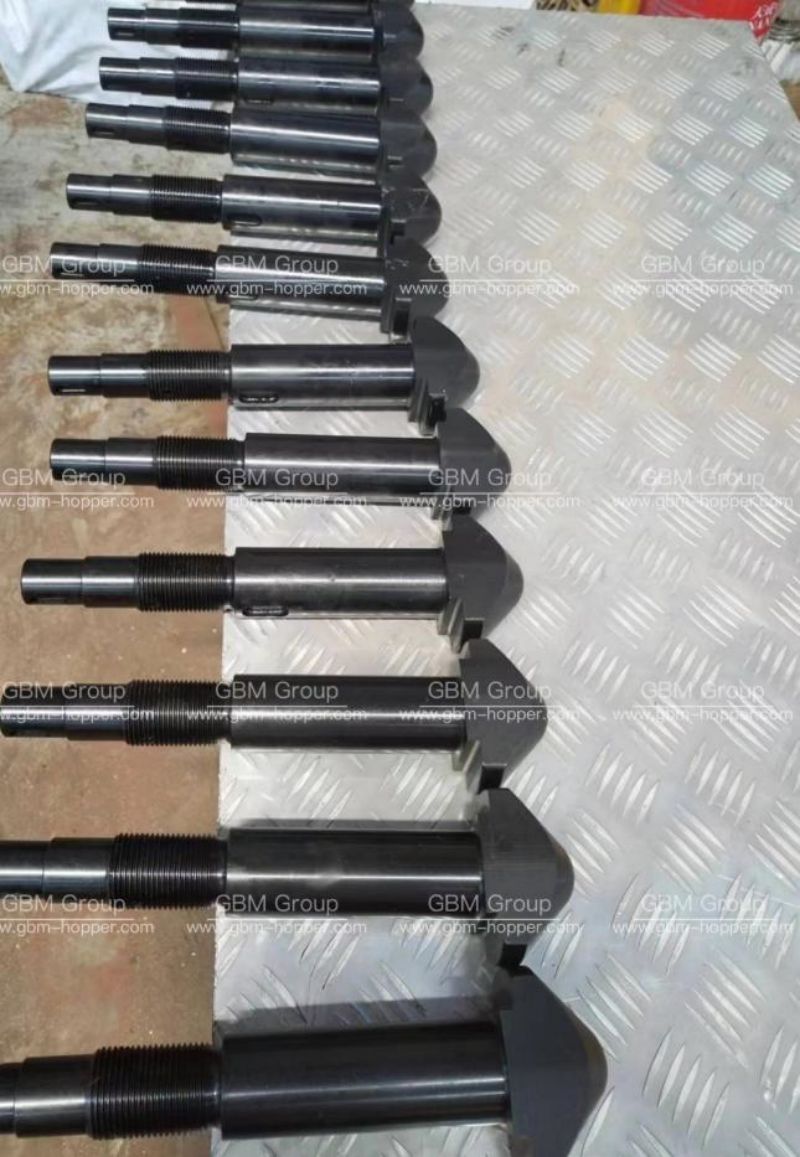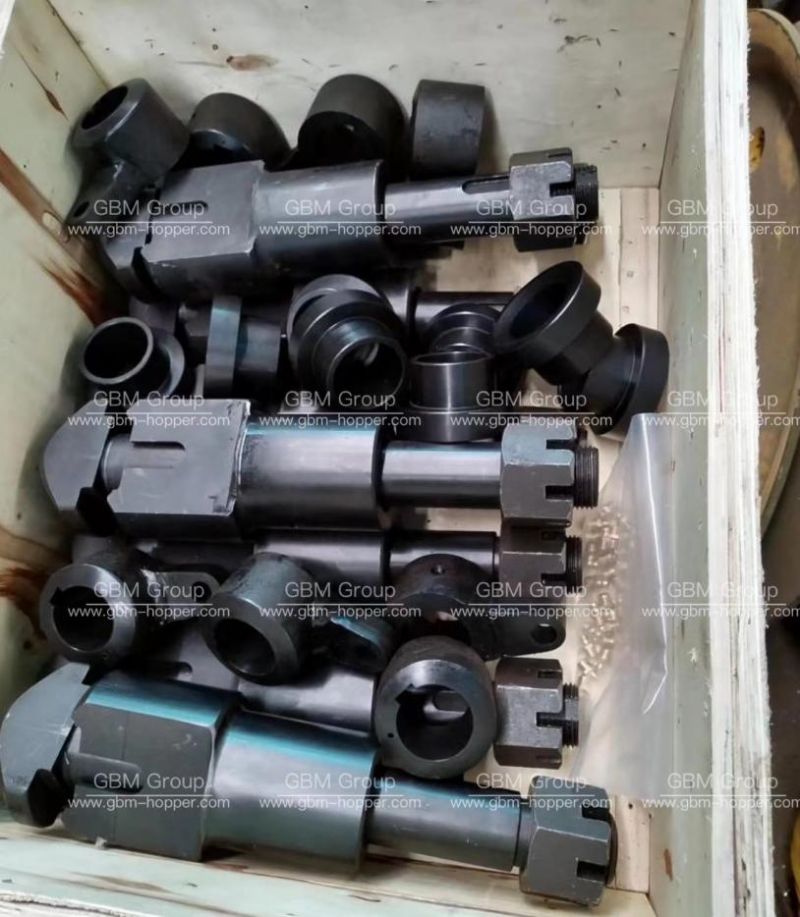When it comes to sea containers, spreaders play a vital role in facilitating the lifting and stacking of these heavy containers. Spreaders are commonly used in container handling operations to clamp, lift and secure containers to lifting equipment. Of the various components that make up a spreader, one component is critical to its function - the twist lock.
Twist locks are a small but essential component of spreaders that keep containers securely connected during lifting and transport. Its primary function is to connect the spreader to the top corner castings of the container, providing a strong and reliable interlocking mechanism. Without twistlocks, containers cannot be properly stacked and transported, causing delays, safety hazards, and potential damage to cargo and equipment.
The design and engineering of twistlocks has evolved over time to meet the needs of the shipping industry. Today, the most commonly used twist lock is the standardized quick release variant. These twist locks feature an easy-adjust mechanism for fast and efficient container handling. With a simple turn of a lever or handle, the lock is engaged or disengaged, allowing for easy container installation and removal.
Spreader manufacturers understand the importance of twist locks and ensure their designs meet international safety standards. These standards require twistlocks to have excellent strength, durability and resistance to external forces. Therefore, manufacturers use high-quality materials such as forged steel or cast iron to ensure the strength and longevity of these important components. Twistlocks also undergo a rigorous testing program to ensure they can withstand the enormous pressures and forces experienced during lifting operations.
Regular maintenance and inspection of twistlocks is essential to ensure their optimum performance and reliability. Spreaders experience high levels of operational use, making them prone to wear and tear. As a result, twistlocks can experience friction, corrosion and mechanical damage over time. Routine inspection and lubrication of the twistlock prevents these problems from affecting its function.
Having a readily available supply of twistlocks as spare parts for spreaders is vital for any shipping or logistics company. Downtime caused by damaged or malfunctioning twistlocks can have serious consequences, leading to delays in cargo handling, missed deadlines and financial losses. Companies should keep twist locks in stock and source from reputable suppliers who offer genuine, industry certified products.
In addition, the role of twist lock maintenance should not be underestimated. Regular inspection, cleaning and lubrication are essential to promptly identify any signs of wear or mechanical problems. If any defect or mishandling is detected, the twistlock must be replaced immediately to prevent further damage or potential accidents during lifting operations.


Post time: Jun-25-2023
 © Copyright - 2018-2021 : All Rights Reserved.
© Copyright - 2018-2021 : All Rights Reserved.